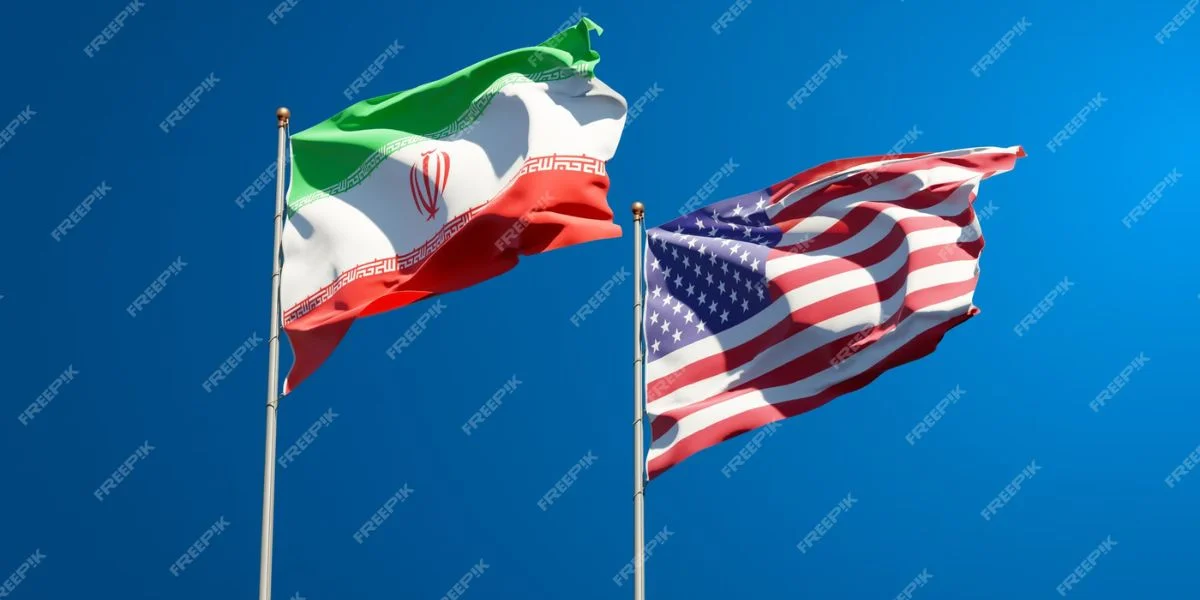US Slaps Major Sanctions on Iran’s Shipping Over Oil Trade
Islamabad: The United States has announced a sweeping new round of sanctions against Iran’s shipping network, targeting more than 100 individuals, companies, and vessels linked to the country’s oil trade.
This fresh move comes after last month’s U.S. airstrikes on Iranian nuclear sites and reflects President Donald Trump’s push to intensify economic pressure on Tehran.
According to U.S. officials, the core objective is to block Iran’s ability to sell oil and cut off financial resources that they claim are propping up the Iranian regime.
Sanctions Target Shamkhani’s Shipping Empire
The sanctions specifically focus on Mohammad Hossein Shamkhani, son of former Iranian security chief and adviser to the Supreme Leader, Ali Shamkhani.
The U.S. Treasury accused Shamkhani of operating a vast global network of tankers and container ships through front companies and intermediaries that sell Iranian and Russian oil in violation of international restrictions.
This network, according to U.S. claims, is generating billions of dollars in illegal profits — much of which is allegedly being used to sustain Iran’s leadership.
Officials described this as the most extensive Iran-related sanctions package since 2018, when the Trump administration first re-imposed sanctions following the U.S. withdrawal from the Iran nuclear deal.
Global Scope and Economic Impact
The sanctions span 17 countries, affecting 15 shipping companies, 52 vessels, 12 individuals, and 53 business entities allegedly involved in evading international restrictions.
Countries impacted include Panama, Italy, and Hong Kong, all of which have reportedly been part of Iran’s oil rerouting schemes.
The U.S. Treasury stated that these measures would make it “much more difficult” for Iran to continue oil exports.
Already, Iran’s exports have dropped from 1.8 million barrels per day earlier this year to 1.2 million barrels, and Washington aims to reduce this number even further.
While the U.S. insists there will be no significant impact on global oil markets, tensions remain high, especially as China continues to be Iran’s largest oil customer.
Iran’s Reaction and Diplomatic Fallout
Iran’s foreign ministry condemned the move as “an act of hostility”, calling it a deliberate attempt to derail the country’s economic growth and public welfare.
Spokesperson Esmaeil Baghaei labeled the sanctions as “evil” and accused the U.S. of sabotaging Iran’s internal stability.
The European Union had already placed sanctions on Shamkhani earlier in July due to his role in aiding Russia’s oil trade — marking growing international coordination against Tehran’s economic activities.
Meanwhile, President Trump has issued further warnings, stating that any effort by Iran to restart its nuclear facilities — damaged in June’s airstrikes — would be met with additional U.S. military action.
Although the U.S. claims it is open to renewed diplomacy, both European and Iranian officials agree that the chances of resuming talks remain slim under the current political climate.


Comments are closed.